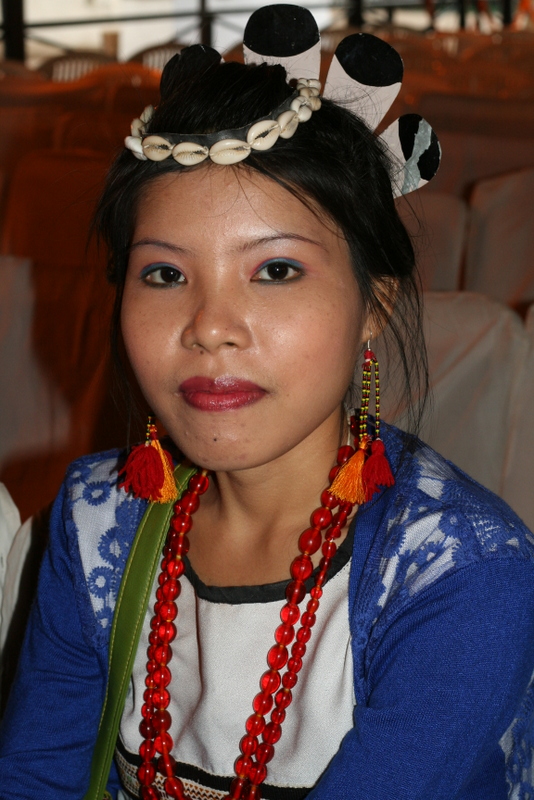Context:
Recently, the Manipur government has been asked by the Centre to examine a representation seeking the delisting of certain Kuki and Zomi tribes from the Scheduled Tribes (ST) list of Manipur.
About Kuki and Zomi Tribes:
- The Kuki and Zomi Tribes are ethnic groups originally from the Bangladesh region, predominantly residing in the Indian states of Manipur and Mizoram.
- These communities are also referred to as the Chin or Mizo people, sharing a common ancestry and cultural heritage.
- Their languages belong to the Chin-Kuki-Mizo language family, which is part of the Tibeto-Burman branch within the broader Sino-Tibetan language group.
- In the state of Manipur, the Zou/Zomi people hold official recognition as one of the thirty-three indigenous communities and are classified as one of the Scheduled Tribes.
- As per the 2001 Census, the Zou/Zomi population in Manipur totals approximately 20,000, constituting less than 3% of the overall population.
- The majority of the community resides in the districts of Churachandpur and Chandel in Manipur.

Political Structure:
- The Kuki tribe organizes its social and political framework around clans, villages, and chiefs. Clans, traced through the paternal line, form the basic unit of kinship and identity.
- Villages, led by hereditary chiefs with executive, judicial, and religious authority, serve as the primary units of administration.
- Chiefs own and distribute village resources based on needs and merits.
Living Style:
- The tribes embrace a traditional lifestyle deeply connected to nature.
- Engaging in jhum or shifting cultivation, they clear forest patches, burn, and cultivate crops like rice, maize, and millet.
- Hunting, gathering forest products, and raising domestic animals (dogs, pigs, buffaloes, goats, poultry) for sustenance
Religion:
- Kuki and Zomi people traditionally followed animism, with beliefs in spirits and ancestor worship.
- Christian missionaries in the late 19th and early 20th centuries led to widespread conversion to Christianity, particularly Protestantism.
- Presently, Christianity is the predominant religion, while some minorities still practice animism, Judaism, or Islam.

